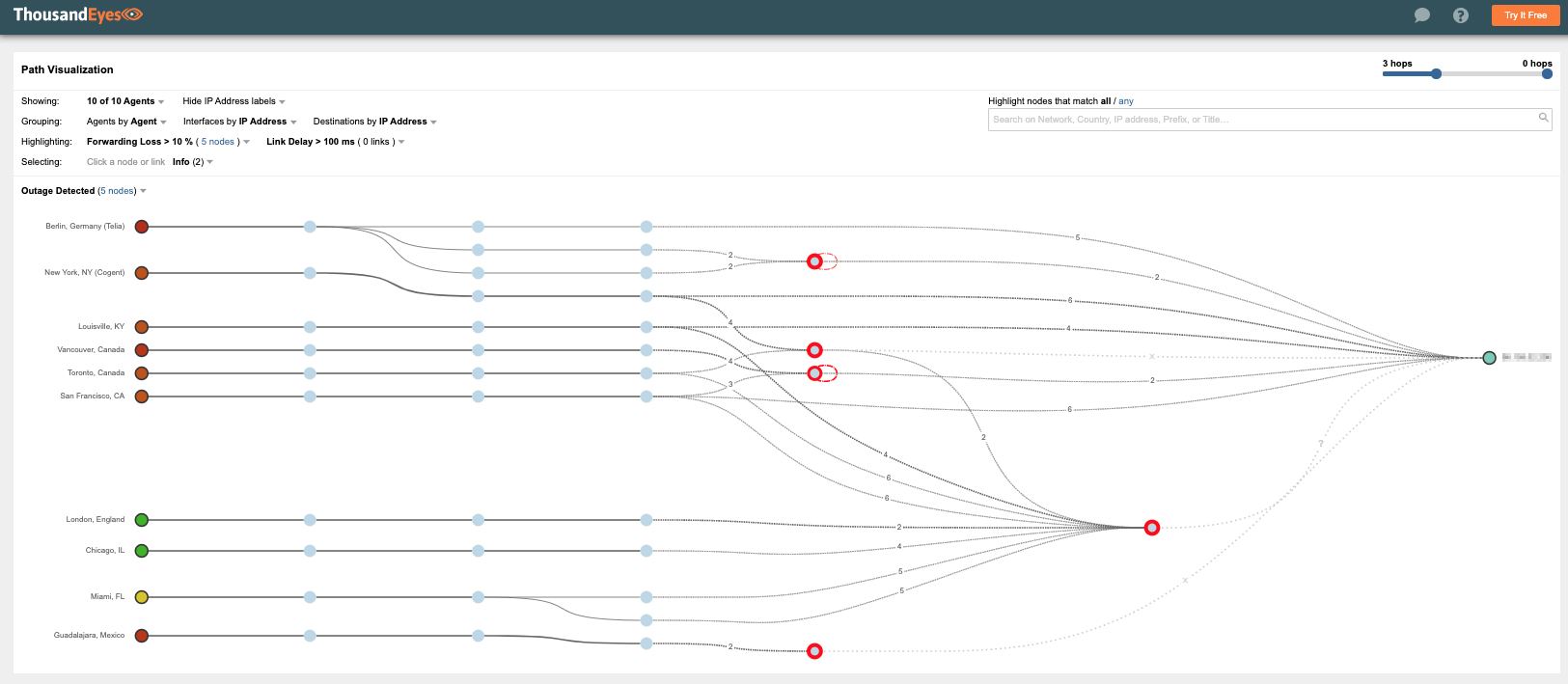Virtual Hearings and Remote Jury Centres
In 2020, SCTS instructed its employees to work from home when the United Kingdom entered its first lockdown phase. The sudden onset of the pandemic caused a considerable backlog of trials. But justice must be served, and SCTS accommodated by instituting an approach where witnesses and defendants were remote from the jury.
In Scotland, juries are made up of 15 members, each of which had to observe 2 metres of social distancing rules at the time. For 15 people plus SCTS staff, more space was required. Civil servants found a solution by leveraging vacant cinema screens where SCTS was able to support trials in up to 50 courtrooms concurrently across the country.
Redeploying vacant cinema screens as remote jury centres required SCTS to invest in a collaboration platform that could support its virtual hearings. The initial deployment would help process backed-up cases. Whereas long term, they aimed to continue using the collaboration software to support accessibility, which includes holding hearings in person when necessary.
In this new distributed environment, the digital experience was mission critical. For example, quality issues with witness statements in particularly sensitive or high-profile trials could result in witnesses having to repeat the process. Such a scenario could erode public confidence in the courts and tribunals and create reputational damage. So the experience needed to be flawless.
Finding Evidence for Remote Collaboration Issues
To support their new remote jury centres, the SCTS IT team increased their capacity in VPN (virtual private network) and core network but lost an element of control previously held to support end users.
Users did not take long to report issues affecting their ability to connect and collaborate. Though the support teams suspected local problems were at play in many cases, finding evidence to prove this was challenging.
"Prior to having ThousandEyes, suggesting that an issue was likely related to somebody's home Wi-Fi or somebody's local ISP (Internet Service Provider) broadband connection was nothing more than anecdotal," said Stevie Doogan, unified communications lead contractor within the Change & Digital Innovation team at SCTS. "Aside from those individual issues, what was also key to us was identifying issues that were affecting numbers of people at the same time."
Delivering a Smooth Trial Testimony
SCTS decided to investigate ThousandEyes because of a recommendation from one of its support partners. They quickly decided to evaluate the ThousandEyes Endpoint Agent.
Doogan soon realised the Endpoint Agents offered them more than just network performance monitoring. With it, they could look at CPU loads on end user machines along with memory utilisation. Having this insight has, in turn, led to changes in how SCTS plans its hardware upgrade program, enabling them to focus on those machines that were struggling the most as a priority.
The Endpoint Agents also delivered visibility into Wi-Fi health within employee homes, sometimes resulting in the organisation investing in Wi-Fi repeaters that could boost the signal in those employee home environments where it was consistently weakest. Snapshot reports from ThousandEyes also equipped civil servants with the necessary information to influence their home broadband suppliers when reporting issues.
IT could then pinpoint issues and dig deep into the metrics that matter, such as network-specific measurements around latency, jitter, and packet loss, and support the delivery of real-time collaboration services like Cisco Webex and Microsoft Teams.
SCTS also leveraged the ThousandEyes Enterprise Agent in key network path locations, including at a remote jury location, to provide visibility into network performance from the jury centre back to the courtroom.
Existing reporting was limited to capacity and bandwidth utilisation. But with the visibility provided by ThousandEyes, SCTS could quickly establish if video performance issues were caused—or not—by its own network. When it was not, having this evidence-based approach let SCTS focus on delivery issues at third parties.
Accessible Court With a Modern WAN
As SCTS began to return employees to offices and courtrooms, its need for things like fully remote jury centres waned. However, due to objectives around accessibility, virtual hearings remained. Moreover, many employees will continue working under a flexible hybrid model.
“The measures we’re taking to restart the various processes have greatly enhanced our resiliency capabilities,” said Doogan. “So, it’s not that any of this is a throwaway—it’s key to strategic thinking around business continuity going forward.”
SCTS is also planning to transform its WAN (Wide Area Network) and will leverage ThousandEyes before, during, and after the migration is complete. They currently have over 50 sites around Scotland connected by a traditional managed MPLS network. And they want to ensure that any new network maintains similarly satisfactory service levels as the old.
By providing a way for SCTS to troubleshoot performance issues across a complex infrastructure and get to the root cause quicker, ThousandEyes is helping this critical institution of the justice system of Scotland innovate new ways to support its citizens.
“I’ve been an IT professional for over 35 years, and the rate of digital change over the past two years in SCTS has been remarkable,” said Doogan. “And ThousandEyes has played an important part in that particular journey.”

Figure 1: Path visualization from ThousandEyes provides valuable insight into connectivity issues and network outages.
Start Monitoring Your Network
